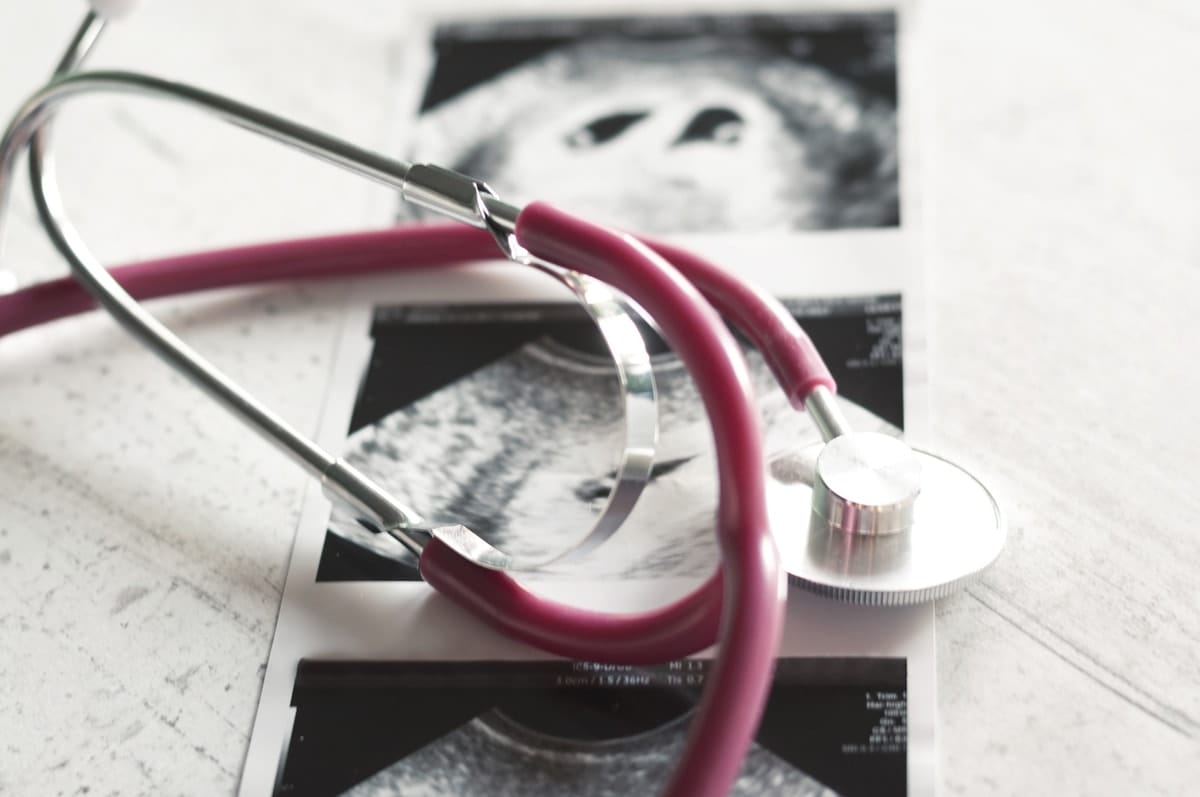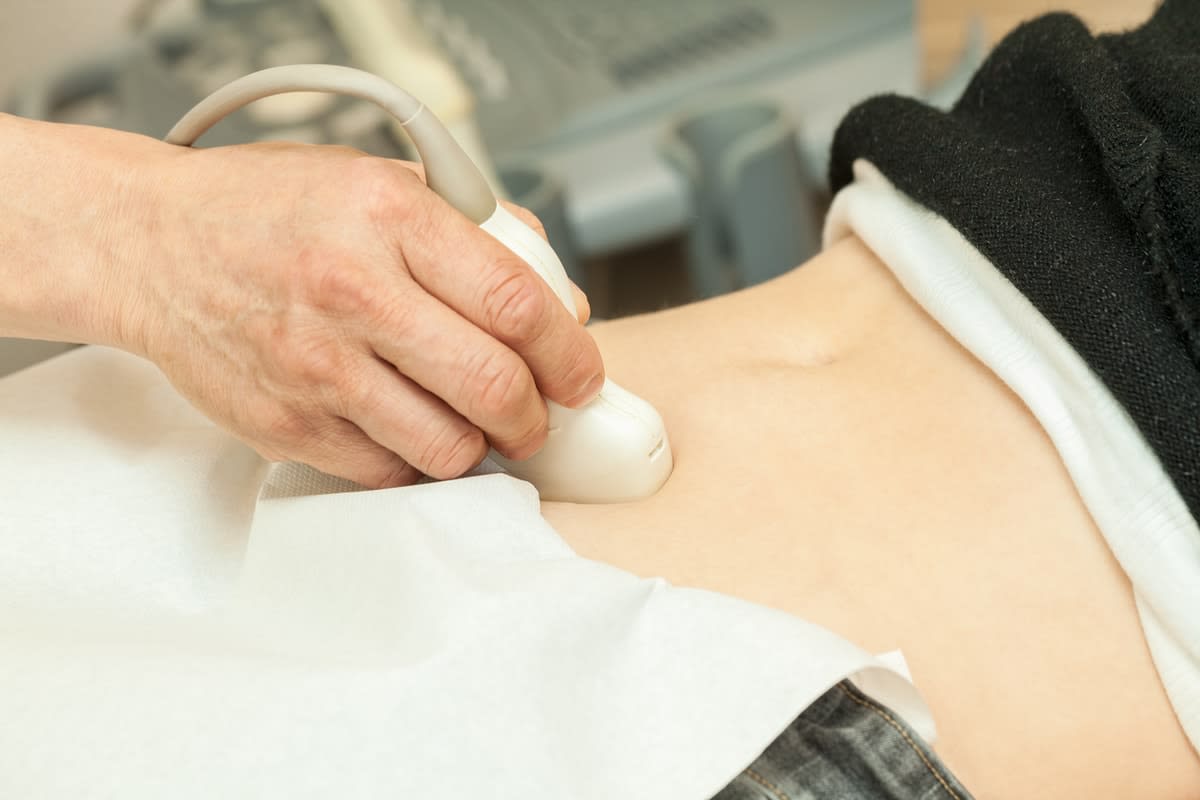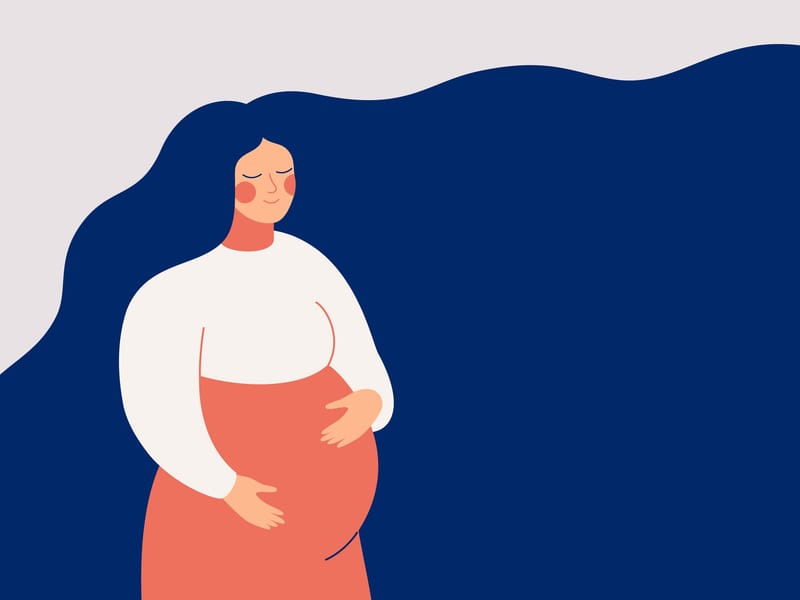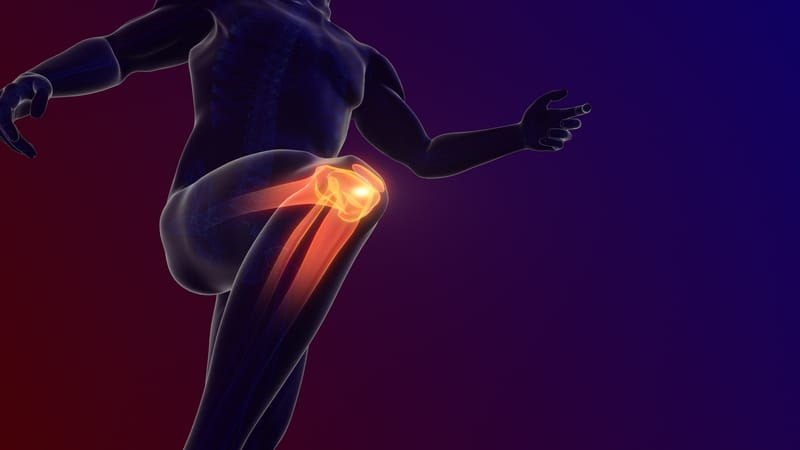
You could be forgiven for believing there’s no need for further advocacy for access to abortion in Australia, after abortion was decriminalised in Queensland in 2018, and in New South Wales in 2019. South Australia, the last state still to have abortion in the criminal code, had its law reform bill pass in the last month.
Some states now protect women’s privacy by banning picketing by anti-abortionists within a set distance of an abortion provider.
Nearly one in five Australian women will choose to terminate a pregnancy by the age of 34. Abortions can be safely provided either surgically, or medically (when the woman takes a prescribed combination of medications mifepristone and misoprostol – Ms2Step).
The Royal Australian and New Zealand College of Obstetrics and Gynaecology considers abortion to be an essential sexual and reproductive health service, remaining available, even when non-urgent or elective services are suspended.
Legal doesn't mean accessible
Many Australians now realise, however, that just because abortion is legal, it doesn’t mean it’s accessible to all.
For too many Australian women, obtaining an abortion is a postcode lottery. It can also be very expensive, and locating a service in time, or at all, can be very difficult.
Obtaining a medical abortion is only legal in Australia up to nine weeks’ gestation, so this puts even greater pressure on the women to locate and access a provider.
More than 10 years ago, a group of mostly women MPs in the Australian Parliament stopped then health minister Tony Abbott’s attempt to have the abortion pill RU486 blocked from use in this country.
Well-accepted and long-established elsewhere, medical (that is, non-surgical) abortions were expected to give more women the option of remaining in their community, with added privacy and lower costs, and overcoming the tyranny of distance.
Unfortunately, as of November 2020, only 2462 of Australia’s 35,000 GPs have chosen to undertake the training to become registered as a medical abortion prescriber.
You can imagine how hard it is to find one of these providers in rural Australia. They tend not to advertise.
Available information is lacking
Only Victoria has a government-funded free information phone service, 1800myoptions, which provides women with the locations of providers in most jurisdictions. Unaccountably, given that abortion is lawful in our country, there’s no publicly available list of abortion care providers.
If current COVID-19 telehealth item number restrictions were removed, women could access medical abortion via telehealth throughout Australia. This simple policy change could significantly improve abortion access, and lower costs for rural and remote women. It’s hoped this problem will soon be resolved.
Things are, therefore, especially difficult for women living outside metropolitan areas. They’re 1.4 times more likely to have an unplanned pregnancy. If a rural woman must travel far from home, there may also be challenges in managing child care, time off work, or study and family responsibilities.
Adding to women’s difficulties are the inconsistencies of abortion laws across jurisdictions, concerns regarding confidentiality, lingering abortion stigma, and conscientious objection by some healthcare practitioners and pharmacists or owners of private hospitals. All these factors combine to impede or limit timely care.

Overcoming these problems has been the focus of a coalition of academics, clinicians and key stakeholders within SPHERE, the National Health and Medical Research Council’s Centre of Research Excellence in Women’s Sexual and Reproductive Health for Women in Primary Care.
SPHERE recently released “A consensus statement on publicly funded abortion service provision: a duty of care”. It highlighted that many public hospitals, despite their taxpayer funding, have chosen not to provide abortion services. This means significantly reduced abortion-related training opportunities for nurses, pharmacists, medical students and doctors, including future GPs and gynaecologists.
We now have a growing shortage of skilled practitioners, particularly those able to manage complex cases. This is making the future delivery of abortion services and the capacity of the healthcare workforce to meet demand precarious. We’re already hearing of the difficulties for Tasmanian women trying to find support.
SPHERE argues that it’s vital that abortion care be available in publicly funded hospitals and clinics, where training programs for doctors pharmacists and nurses should also be made available.
The SPHERE coalition recommendations include:
- that publicly funded abortion services are accessible, affordable and available
- that services receiving public funding or engaging in training future health professionals are mandated to provide medical and surgical abortion services to ensure the needs of their local health district are met
- that state-wide information and referral centres are available for all women requesting an abortion, which includes a choice of medical or surgical abortion as appropriate
- that as part of the National Women’s Health Strategy 2020-2030, the Minister for Health reports on the proportion, location and names of services engaged in publicly funded abortion services.
Unfortunately, the struggle continues for all Australian women to have access to affordable, timely abortion services.
Publication: Medical abortion - Australian Journal of General Practice





